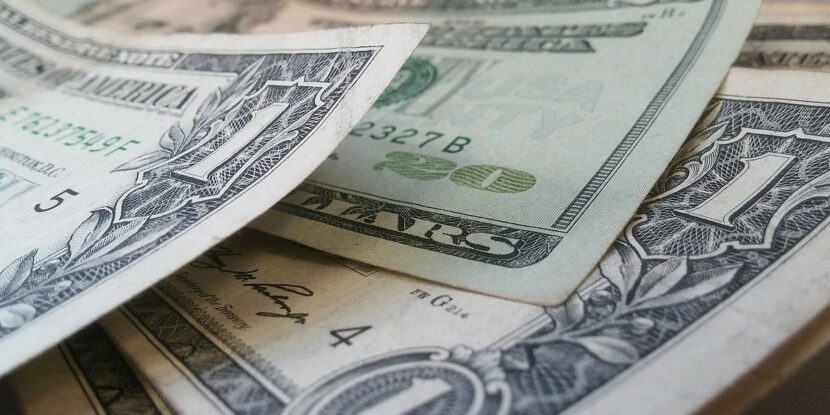This week, a fantastic editorial appeared in the Wall Street Journal that has sparked a very important conversation. In the article, the paper’s editorial board encourages President Trump to use monetary reform to address Chinese currency devaluation. The WSJ wrote:
Mr. Trump’s trade policies are also becoming a currency problem. Faced with the threat of U.S. tariffs on some $500 billion of its exports, China seems to be letting its currency depreciate to compensate. The yuan traded at 6.27 to the U.S. dollar on April 18 but fell to 6.77 on Friday. That should help the competitiveness of Chinese exports in the short term, albeit at the risk of more capital flight.
None of this helps the world or U.S. economies. Exchange-rate fluctuations add uncertainty to investment decisions and lead to slower growth. If countries turn to currency devaluation as another protectionist tool, they will further distort trade and investment flows. That’s what happened in the 1930s as countries indulged what became known as “beggar thy neighbor” currency devaluations for short-term competitive advantage.
[…]
Which brings us to Mr. Trump’s monetary opportunity, if he and his advisers have the wit to seize it. The global monetary system has operated with fiat currencies since the collapse of Bretton Woods in 1971 when Richard Nixon closed the U.S. gold window. The world’s major central banks have gone their own way, often leading to sharp and destructive currency movements that in the worst case have contributed to market crashes (1987) or recessions (2008).
[…]
[Trump] could put together a task force of American and foreign experts to debate and recommend how to navigate the transition from postcrisis policy and promote more currency stability. Experts who have written for us over the years include Messrs. Warsh and Taylor, economists Steve Hanke, Glenn Hubbard and Judy Shelton, former Fed Chair Paul Volcker, investor and philanthropist Sean Fieler and historian and investor Lewis Lehrman, among others.
Mr. Lehrman in particular has argued that the root cause of the large U.S. trade deficit is the dollar’s role as the world’s reserve currency. That has been an “exorbitant privilege,” as Frenchman Valéry Giscard d’Estaing once put it, but a new monetary arrangement could reduce the burden on the U.S. to be the world’s sole absorber of surplus goods.
The WSJ‘s suggestion that President Trump should convene a panel on monetary policy is an important one. Good money is an essential element of economic growth (as well as a critical pillar of supply-side economics), but too often it is dreadfully overlooked by policymakers. If Trump convenes a panel of experts to debate the best monetary policies for economic growth, it will draw much-needed attention to this important facet of the economy.
For inspiration, President Trump’s administration could look towards the Centennial Monetary Commission, which would provide a neutral forum for debate by including those who support the gold standard, a rules-based approach, and advocates of the status quo. By fostering a public conversation on monetary policy, President Trump would be aligning himself with similar efforts made by President Reagan, and he would give conservatives something huge to cheer for. Kudos to the Wall Street Journal for making this excellent suggestion.


